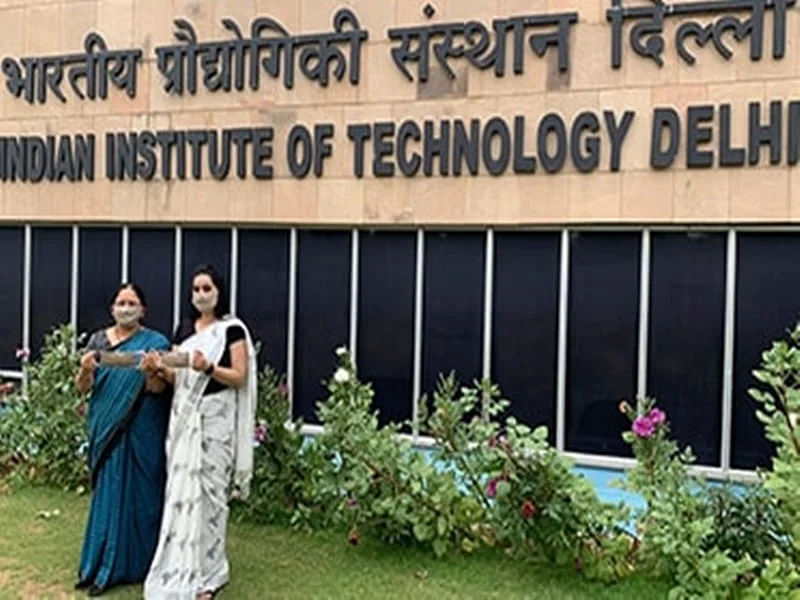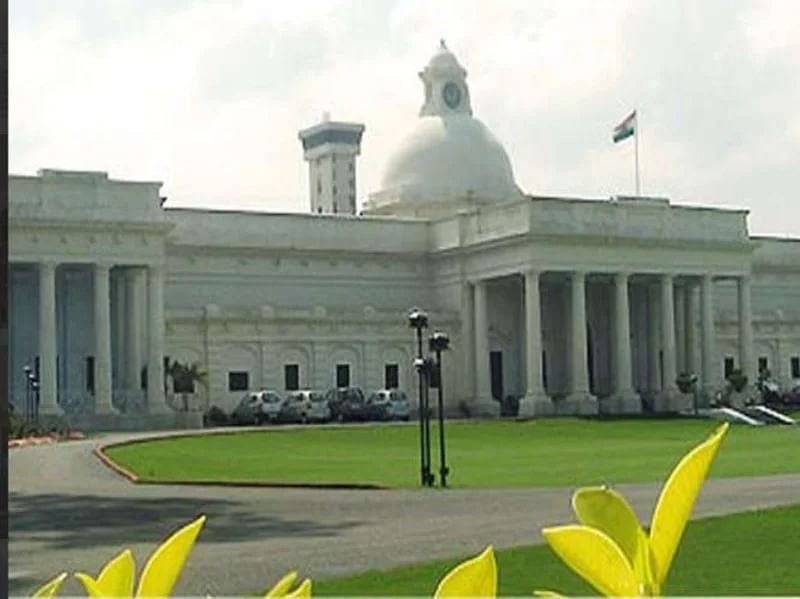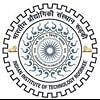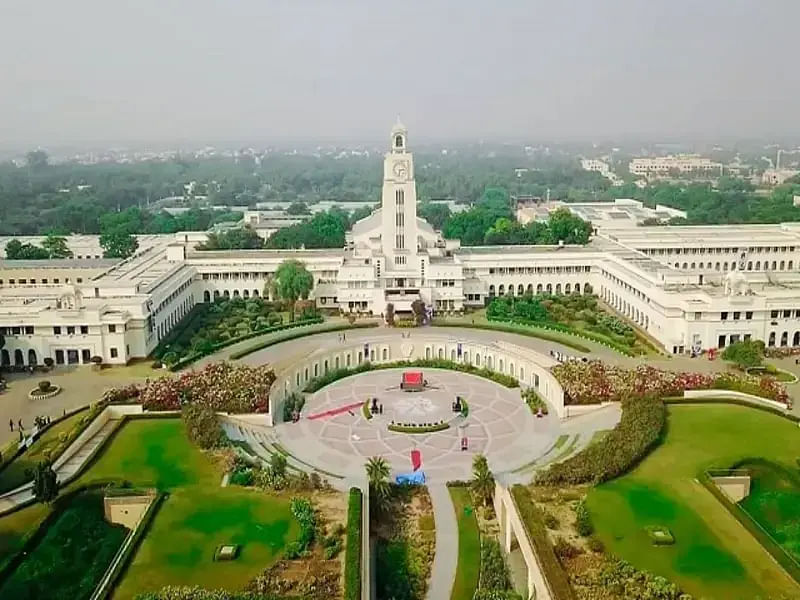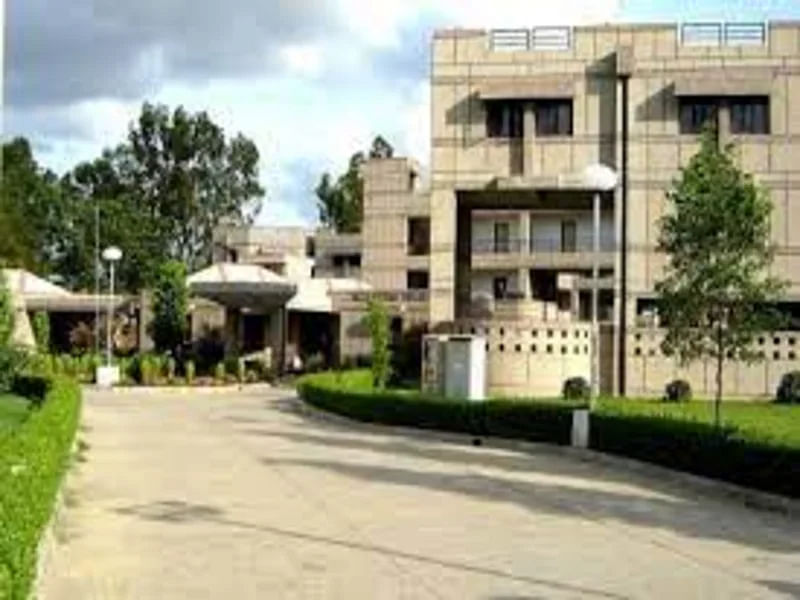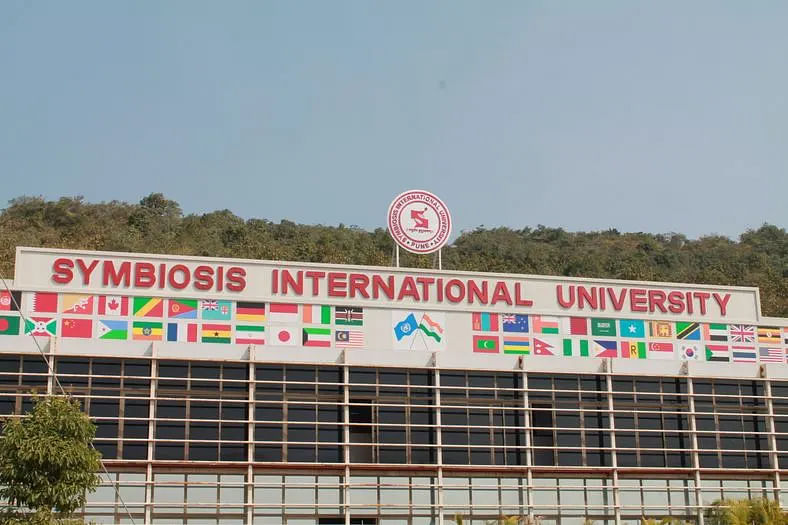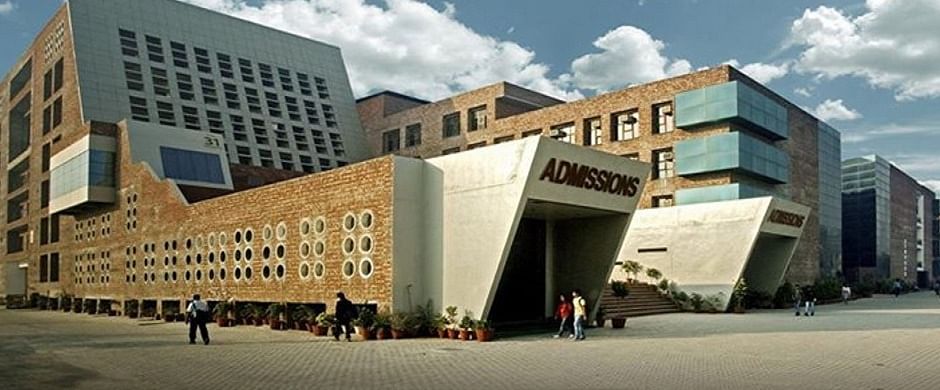M.Sc Economics

M.Sc Economics is a two-year-long postgraduate course that deals with economic studies and analysis and its applications in several sectors such as production, corporate, banking, etc which are the primed faces of the Indian Economy and global development. There are plenty of job opportunities available for graduates upon completion of an M.Sc Economics degree. Some of the job roles include Economy Analyst, Senior Business Analyst, Senior Economist.
M.Sc Economics Course Details
| Degree | Masters |
| Full Form | Master of Science in Economics |
| Duration | 2 Years |
| Age | No age limit |
| Minimum Percentage | 50% in Under Graduation |
| Average Fees | ₹50K - 3 LPA |
| Average Salary | INR 3.5 - 5 LPA [Source: PayScale] |
| Employment Roles | Economy Analyst, Senior Business Analyst, Senior Economist |
| Top Recruiters | Reserve Bank of India, Department of Economic Affairs, PWC |
About M.Sc Economics
M.Sc Economics full form is Master of Science in Economics. The course falls under the umbrella of M.Sc. and thus the primary syllabus does not change according to the specialization. Wikipedia explains M.Sc in Economics as “Economics focuses on the behavior and interactions of economic agents and how economies work. Microeconomics analyzes basic elements in the economy, including individual agents and markets, their interactions, and the outcomes of interactions.”
Table of Contents
- M.Sc Economics Eligibility Criteria
- M.Sc Economics Admission Process
- Popular M.Sc Economics Entrance Exams
- Top M.Sc Economics Colleges
- Fees Structure for M.Sc Economics
- Syllabus and Subjects for M.Sc Economics
- Why Choose an M.Sc Economics?
- Preparation Tips for M.Sc Economics
- Scope of Higher Education after M.Sc Economics
- M.Sc Economics Salary
- Career Options After M.Sc Economics
- Skills to Excel
Eligibility Criteria for M.Sc Economics Course
For M.Sc Economics admission, it is essential for the aspirants to meet the eligibility criteria. The M.Sc Economics eligibility criteria include students must complete their bachelor’s degree with a minimum of 50% aggregate marks. Additionally, students must give the M.Sc Economics entrance exam. The eligibility for M.Sc Economics does not have an age limit.
How To Get Admission in a M.Sc Economics Course?
To get admission in the course, students must ensure they are aware of the M.Sc in Economics eligibility. The admission process can be carried out through both online and offline methods. Mentioned below are the details of the admission process in general:
How to Apply?
To apply in the course of their choice, students must visit the official website of the college and research the M.Sc Economics eligibility criteria. The aspirants can apply for the course through both online and offline methods. The online application includes students going to the college website and submitting the application online. For offline applications, students will need to go to the admission office in person and register themselves.
Selection Process
Based on meeting the M.Sc Economics India eligibility, students are offered a place in the course of their choice. The final list of students is released based on the merit obtained in the entrance examination and bachelor’s degree.
Popular Entrance Exams for M.Sc Economics
For admission in the M.Sc Economics course, it is an essential requirement for the students to give the entrance exam for the course. Listed below are some of the popular entrance exams that are conducted:
- HSEE
- CIPET JEE
- JEE-Advanced
- YVU CET
A Quick Glance at the M.Sc Economics Entrance Exams
When applying for the M.Sc Economics course, it is an important step for the students to know about the entrance exam patterns. This knowledge can help them ace the entrance exams with preparation. Questions are generally asked to form the following pattern:
- Questions are often related to science subjects, with logically, reasoning-type questions.
- Questions are MCQ based
- The paper is in the English Language
Top 10 M.Sc Economics Colleges in India
There are many colleges in India that provide students with a course in M.Sc Economics with a good infrastructure. Listed below are some of the best M.Sc Economics colleges in India:
|
Sl. No. |
Name of the College |
|
1 |
|
|
2 |
|
|
3 |
|
|
4 |
|
|
5 |
|
|
6 |
|
|
7 |
|
|
8 |
|
|
9 |
|
|
10 |
Fee Structure for M.Sc Economics
The M.Sc Economics fee structure is not fixed and can vary according to many factors. Some of the factors which can influence the fee include the location, faculty, facilities, and duration of the course. The average fee structure for the course in India is around INR 1.2 - 3.5 LPA.
|
Sl. No. |
Name of the Institute |
Average Annual Fees |
|
1 |
NIMS University, Jaipur |
INR 1.2 LPA |
|
2 |
University of Petroleum and Energy Studies, Dehradun |
INR 3.5 LPA |
|
3 |
Vivekananda Global University, Jaipur |
INR 1.2 LPA |
Syllabus and Subjects for M.Sc Economics
M.Sc Economics is a postgraduate course in the field of economics with a science stream integrated into the curriculum. The course has both core and elective subjects part of the curriculum. The core subjects aim to introduce students to all the important aspects of the study. The elective subjects make the coursework flexible and diverse. The following are some of the subjects which are included in the M.Sc Economics syllabus:
- Macroeconomics
- Finance Economics
- Public Economics
- Agriculture Economics
Read More About M.Sc Economics Syllabus and Subjects
Why Choose M.Sc Economics?
Students often wonder about M.Sc Economics course details before choosing the course. Before deciding on a career, students come across queries like, "What is M.Sc Economics course?" and "Why choose an M.Sc Economics in India?”. To clearly understand answers to these questions and know more about the Master in Econoimcs course, we have framed the following three pointers:
What is M.Sc Economics All About?
The M.Sc Economics program is designed to have a greater emphasis on Finance analysis and Economics analysis. The course focuses on every type of industry and domain which are major contributors to the overall economy of the nation. Students also get a chance to study various developmental methods which can be implemented to improve the economic conditions of the organization during tough economic scenarios.
What Does a M.Sc Economics Graduate Do?
Candidates who are interested in pursuing this course will get a greater amount of exposure to both theoretical and practical aspects of economic science such as the study of production, distribution, and consumption of goods and services.
Economic Analyst: An economic analyst plays a major role in analyzing various economic scenarios and proposes/alters business models suiting to the conditions that aim to provide maximum beneficiary to the organization even at difficult times.
Reasons Why M.Sc Economics Can Fetch You a Rewarding Career?
The course offers adequate training and knowledge for students to gain exposure both in the field of economic management of product-based industry. This course equips the students with the necessary skills required to analyze various Economic scenarios and financial backgrounds and develop new methods to improve the situations without any drop.
Demand: M.Sc in Economics is one of the most demanding career choices among the candidates who are willing to venture into Economic analysis in various sectors. During this course, the students are trained for special skills so that they can occupy crucial positions in big organizations.
Read More: M.Sc Economics - Job Opportunities & Scope
Preparation Tips for M.Sc Economics
Some of the essential course preparation tips for a candidate who wants to pursue M.Sc Economics are:
Get to know the Syllabus: The syllabus of the course is one of the essential factors which a student should focus upon as this helps a student to focus during the time of the examination.
Make a Plan: Make a course plan that can help the student to plan according to the study of the work which enables them to keep both balanced.
Connect With Fellow Students and Experts: Start connecting with peers and experts who can help you with providing a clear idea of the course along with scope and knowledge exchange that might help you to excel in this course.
Keep Updated: It is required for the students to keep themselves on the latest business models adopted by popular names in the Economic analysis and manufacturing sector.
Scope For Higher Education
Even though M.Sc Economics is a postgraduate course, many students decide to opt for higher education upon the completion of the course. Higher education can help the students learn about the subject and topic in greater depth and detail and help the graduates build a career in research. Listed below are some of the popular higher education options available for students:
Salary of a M.Sc Economics Graduate
The average M.Sc in Economics salary in India is around INR 3 - 5 LPA [Source: PayScale]. This salary can change and increase due to many factors like education, designation, and location. Students can further increase their salary by obtaining higher education.
Read More About M.Sc Economics Salary
Career Options After M.Sc Economics
As Economics analysis is a very important job role in any goods manufacturing and distribution organization the job scopes are very high for the graduates of this course. Owing to a major increase in the number of industries both indigenous and MNCs across India, there are plenty of job scopes for M.Sc Economics in India. Some of the M.Sc Economics scopes include:
- Economic Analyst
- Senior Data Analyst
- Research Analyst
- Finance Operations Manager
Skills That Make You The Best M.Sc Economics Graduate
There are many skills that M.Sc Economics graduates need to have to ensure that they succeed in their careers. Some of these skills are listed below:
- Flexible Temperament
- Ability to Work Under Pressure
- Time Management Skills
- Quantitative Ability Skills
- Logical Reasoning Skills
Top M.Sc Economics Colleges
Top Science Entrance Exams
M.Sc Economics Fee Structure
FAQs on M.Sc Economics
Q: What is the difference between M.Sc Economics and M.A. Economics?
Q: What is the M.Sc Economic duration in national level institutes?
Q: How much can a senior economist earn in India?
Q: Can non-economics bachelor's degree holders apply for this course?
Q: What job roles can I apply for holding a M.Sc Economics Degree?
